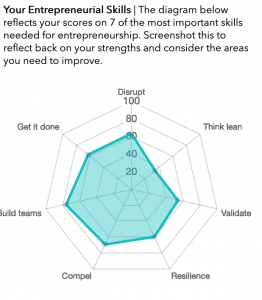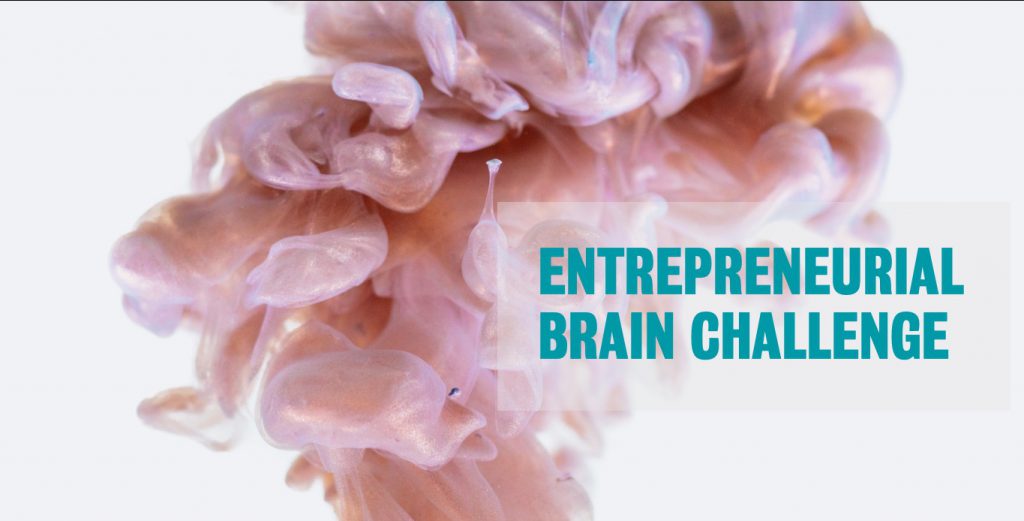Hello, I am Yanqing and also known as Callie. I am a part-time PhD student in Banking and Finance Research Group in the King’s Business School. My research interest lies in financial technology, risk management, macroprudential policy and financial stability. I am passionate about applying research-based learning to solving real business problems.
It is my pleasure to be invited to write a blog for the Centre for Doctoral Studies. Inspired by my PhD peer, who kindly shared his reflections on his adventures as a lifelong learner, I thought it would be a good idea to share my part-time PhD journey over the first few months. So far, my journey can be summarised in two words: “balance” and “impact”.
How to balance work and life, and how to balance what you want to do versus what you can do?
Personally, I don’t think there is a single agreed recipe to get this right. For me, it usually involves lots of planning ahead and prioritisation, among other things. I have done a lot of learning and knowledge refreshing over the last few months on many training modules. Although it is hard to fully grasp all of the content if it is a new domain to me, I still try to follow it and at least build my awareness of what is feasible and available if needed for my future research project, so that I can revisit it when necessary. In addition, I strongly feel that research is different from learning, although we continue self-learning during research projects. Sometimes I have found that doing research can be a lonely journey, as you won’t always be sure what you will find out; much thinking is involved in defining your questions before considering ways to resolve it (or providing insights into the puzzles).
What impact do you want to have?
I first came across this question in the research training module for all new PhDs; it appears to be a straightforward question but it is not easy to answer on the spot. Luckily, I had the opportunity to write a blog for my university on climate change before COP26, looking back on the impact of previous climate change accords and what we should consider in the future. It was a good experience for me to realise that the impact of any research goes far beyond academic citations. It is critical to demonstrate the benefit or changes caused, or contributed to, by the specific study in society, the economy and the environment. From my point of view, the research impact pathway is non-linear. We need to plan for impact, engage with stakeholders and consider active communication. As a PhD candidate, how we create a long-lasting impact for research studies is a key question that I need to continue revisiting.
From industry back to academia, what to prepare?
You need to prepare yourself physically and mentally for the challenge in front of you. For example, you need to work with your supervisors to set up reasonable expectations with continuous reality checking (even saying ‘no’ to tasks, as there is no need to satisfy everyone, at least not all in one go). I think we do not need to be perfect and ‘good enough’ is fine (be comfortable, at least don’t panic, when you feel you are lost and unsure where to go next). Given part-time PhDs are also likely to be working full-time or have other life commitments, it is important to set up a boundary and retain a balance between work and life. I hope my insights will debunk some common myths you might have on the PhD journey.
Do you need some help?
Doing a part-time PhD is a life-changing experience with many considerations and commitments. My personal experience told me that the application journey is not always easy, so we may all benefit from being able to ask a few questions or sense-checking a few things with people who have just gone through the process.
You are not alone in your part-time PhD journey. There is now a Teams channel set up for KCL PT PGRs. Everyone is welcome to join this group (you can request to join via MS Teams).
Please come and join this growing part-time PhD community. We all need to have a safe place to discuss concerns or ask for advice.
Let’s enjoy our part-time PhD journey. All the best!





